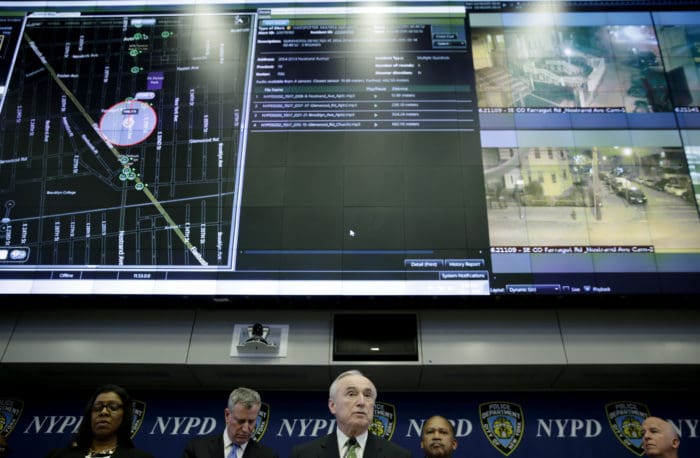In addition to [ShotSpotter’s] history of false positives, the danger it poses to pedestrians and residents, and the company’s dubious record of altering data at the behest of police departments, there is also a civil liberties concern posed by the fact that these microphones intended to detect gunshots can also record human voices.
Yet people in public places—for example, having a quiet conversation on a deserted street—are often entitled to a reasonable expectation of privacy, without overhead microphones unexpectedly recording their conversations. Federal and state eavesdropping statutes (sometimes called wiretapping or interception laws) typically prohibit the recording of private conversations absent consent from at least one person in that conversation.
In at least two criminal trials, prosecutors sought to introduce as evidence audio of voices recorded on acoustic gunshot detection systems. In the California case People v. Johnson, the court admitted it into evidence. In the Massachusetts case Commonwealth v. Denison, the court did not, ruling that a recording of “oral communication” is prohibited “interception” under the Massachusetts Wiretap Act.
It’s only a matter of time before police and prosecutors’ reliance on ShotSpotter leads to tragic consequences. It’s time for cities to stop using ShotSpotter.
— Matthew Guariglia in It’s Time for Police to Stop Using ShotSpotter
